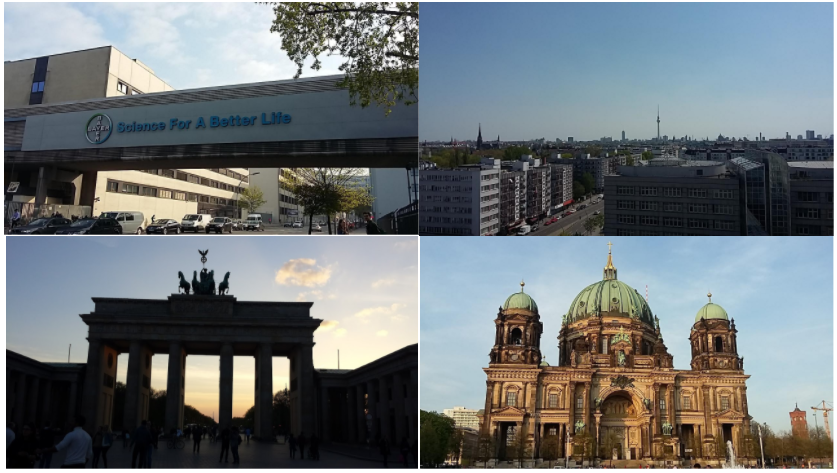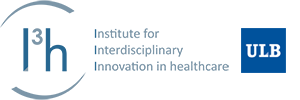The four best students of the 2017 I3h Educational Program have been rewarded a participation to the ENLIGHT-TEN summer school on Translational Research & Medicine Development in Berlin. Two of them, PhD students Ciska Verbaanderd (KUL) and Katoo Muylle (VUB), share their experience here.
Katoo Muylle
During the course, not only did we learn about the theoretical side of the drug development pipeline, we also got acquainted with real-life case studies in several stages of this pipeline.
We experienced the gap between reason and emotion, especially in the workshop about the FDA approval of eteplirsen. As scientists, the lack of evidence was clear to us, but as patients, parents, family, this lack of evidence became secondary to a glimpse of hope. Another interesting workshop was the board game “test tube to tablets” where we as a group had to decide about the dilemmas involving costs, risks and delays to get our hypothetical drug on the market. We also got interesting lectures about preclinical drug safety, the Open Targets Platform, patient involvement in drug development, and the development of biologics.
Next to this, there was sufficient time for the development of our own soft skills. Everyone had to do an elevator pitch of 3 minutes about their research project and give a poster presentation of 5 minutes. The nice thing was that it was designed as a learning activity. We got feedback on our presentation skills and on our poster design and received tips for improvement.
Lastly, the course was also broadening on a personal level. Because the participants came from all over Europe, it was interesting to discuss differences in healthcare systems, in university approaches on PhDs and PostDocs, but also in general lifestyle.
An artistic summary of the day-to-day activities of the course (click arrow to see more).
Ciska Verbaanderd
We had the opportunity to meet and talk to experts with years of experience in different healthcare domains, like Dr. Rodger Novak, founder of CRISPR therapeutics, who presented his career path and vision on how to translate CRISPR/Cas9 technology into innovative medicines for patients. Moreover, Jan Geissler presented his experiences as a cancer survivor and patient advocate and highlighted the importance of patient involvement in healthcare R&D.
We also got the chance to visit Bayer’s high-througput screening lab and the CoLaborator (work space for start-ups @Bayer), and to experience their 3D structural biology tool. Finally, two sessions on personal development, which were meant to explore our own strengths and interests, were included in the programme.
Overall, the speakers and the organizers were very approachable and open to discussion, which was a great added value to this course!

In the evenings, the participants had some time to see the sights.
